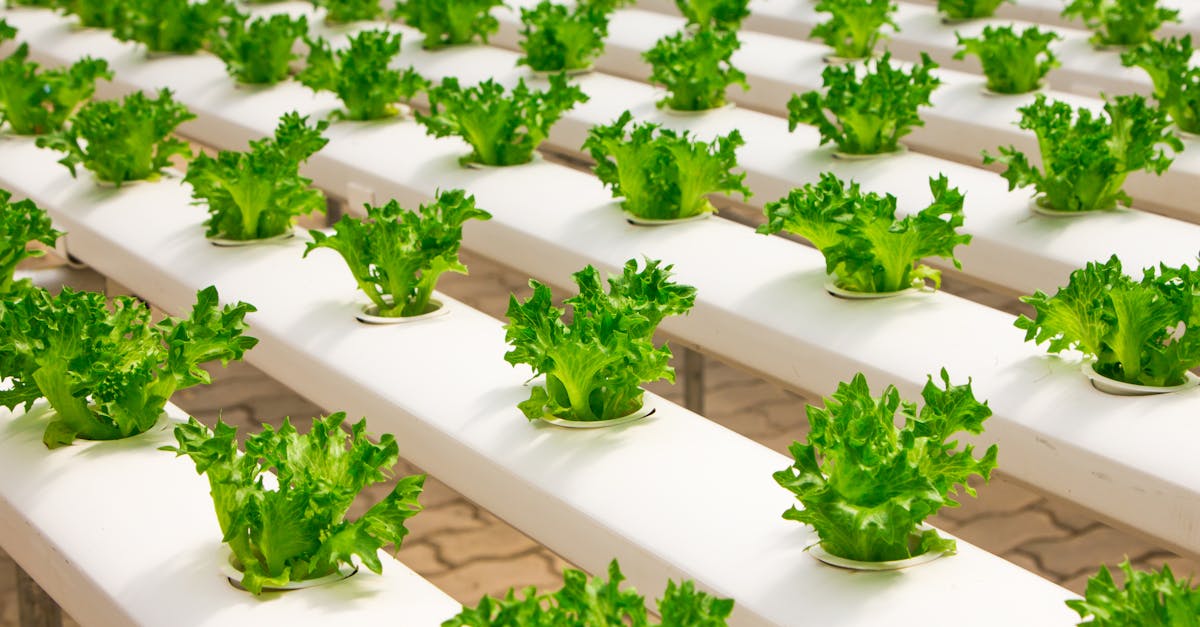When it comes to efficient water management on farms, water hydrants play a critical role in ensuring easy access to water for crops, livestock, and irrigation systems.
In our full guide, we study into the importance of water hydrants for farms and how they contribute to enhancing agricultural operations.
From their design and functionality to the benefits they offer in optimizing farm productivity, we cover everything you need to know about integrating water hydrants into your agricultural practices.
Join us as we investigate the key features and advantages of utilizing water hydrants on farms, empowering you to make informed decisions for your agricultural endeavors.
Key Takeaways
- Water hydrants are essential for efficient water management on farms, providing convenient access to water for irrigation and livestock needs.
- Factors like durability, flow rate, and maintenance are crucial when choosing water hydrants to ensure long-term reliability and efficiency.
- Proper selection and installation of water hydrants can enhance farm productivity by optimizing water distribution across the land.
- Water hydrants are designed for durability and functionality, offering a reliable water supply that can withstand the demands of farm operations.
- Integrating water hydrants on farms brings benefits such as convenience, versatility, and durability, making daily tasks more efficient and ensuring all water needs are met in one go.

Understanding Water Hydrants for Farms
Water hydrants are important fixtures on farms, providing convenient access to water for various needs such as irrigation and livestock. These hydrants are designed with functionality in mind, offering a reliable supply of water to support agricultural operations. With their simple yet effective design, water hydrants are a valuable asset for farmers looking to optimize water distribution across their land.
When choosing water hydrants for your farm, it’s important to consider factors such as durability, flow rate, and ease of use. By selecting high-quality hydrants, farmers can ensure long-term reliability and efficiency in water supply management. Additionally, regular maintenance and inspections are critical to prevent any issues that may arise with these important farm components.
For more information on water hydrants and their benefits for farms, you can visit the United States Department of Agriculture or National Agricultural Library websites for valuable insights. These resources offer valuable information to help optimize water management practices on your farm.
Importance of Water Hydrants in Agricultural Operations
Water hydrants play a critical role in providing easy access to water for irrigation and livestock needs on farms. They are designed to efficiently support agricultural operations, ensuring convenient and reliable water supply. Factors such as durability, flow rate, and maintenance are required when choosing water hydrants to guarantee long-term functionality. Proper selection and installation of water hydrants contribute to the smooth operation of farm activities, as a result enhancing productivity.
When it comes to optimizing water management practices on farms, it is beneficial to investigate resources from authoritative sites such as the United States Department of Agriculture or the National Agricultural Library websites. These platforms offer valuable insights and guidance on sustainable water usage in agricultural settings, aiding us in making informed decisions for efficient farm water management.

Design and Functionality of Water Hydrants
Water hydrants on farms are specifically designed to provide easy access to water for various agricultural needs. These important fixtures are built to withstand the demands of farm operations and ensure a reliable water supply. Durability is a key factor in the design of water hydrants to withstand the rigors of outdoor use and changing weather conditions.
The functionality of water hydrants is centered around efficient water flow, allowing for quick and convenient access to water for irrigation and livestock watering. Additionally, regular maintenance of water hydrants is critical to ensure their continued functionality and longevity on the farm.
When selecting water hydrants for your agricultural operations, it’s important to consider factors such as durability, flow rate, and maintenance requirements to ensure optimal performance and longevity.
For valuable insights and guidance on water management practices in agriculture, we recommend exploring resources from reputable sources like the United States Department of Agriculture or the National Agricultural Library websites.
Benefits of Integrating Water Hydrants on Farms
When it comes to farms, water hydrants are game-changers. Let’s jump into the benefits they bring to the table:
- Convenience: With water hydrants strategically placed around the farm, accessing water becomes a breeze for us. It saves time and effort, making daily tasks more efficient.
- Versatility: Water hydrants provide water not just for irrigation but also for livestock, ensuring that all our needs are met in one go.
- Durability: These hydrants are built tough to withstand the harsh conditions on farms, giving us long-lasting performance without constant replacements.
For more insights on water management practices in agriculture, you can check out the United States Department of Agriculture website or the National Agricultural Library website.

